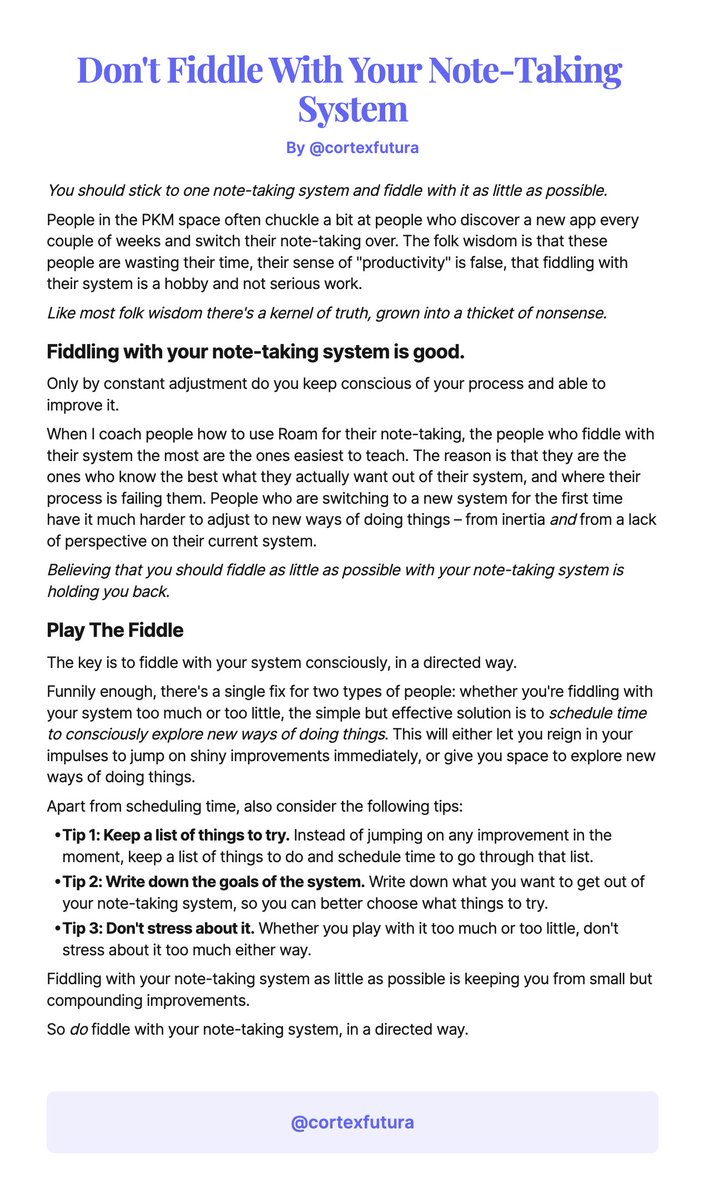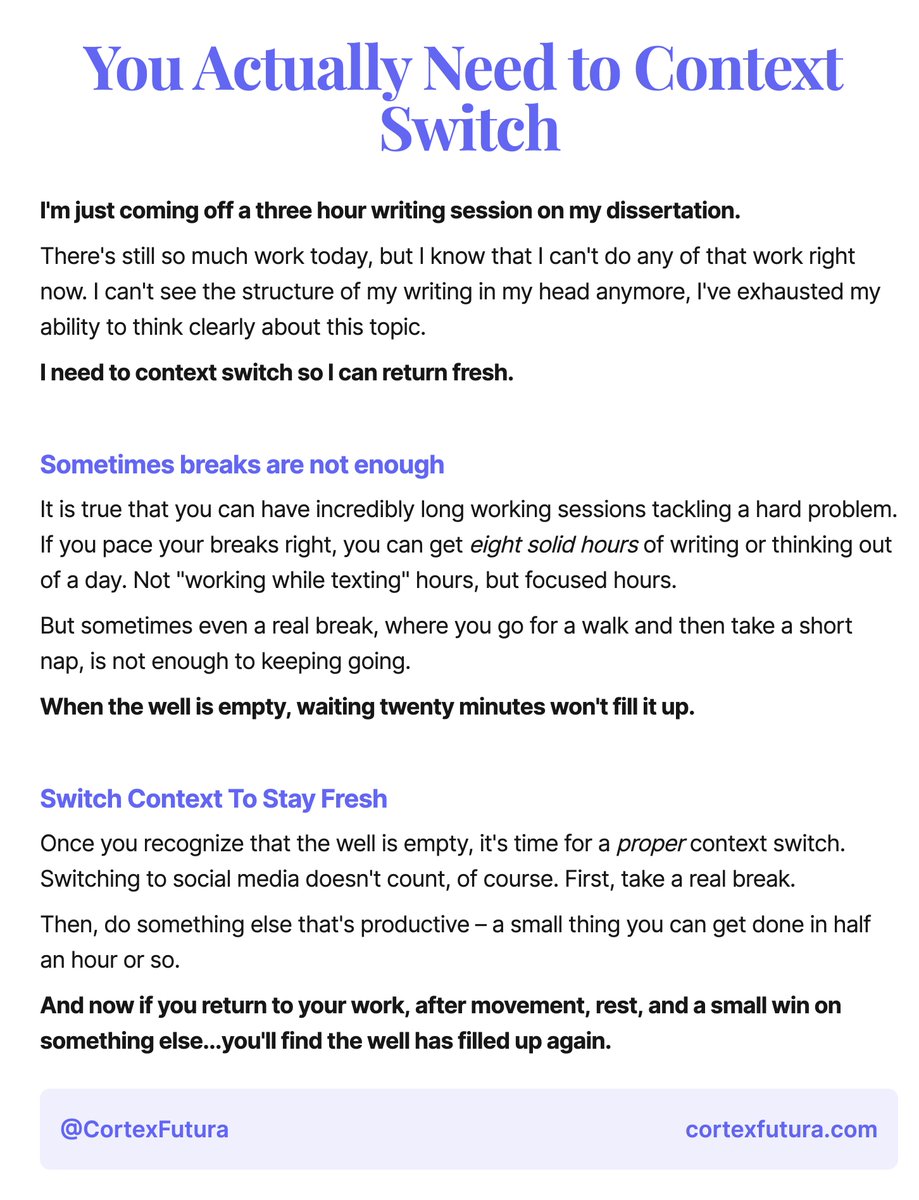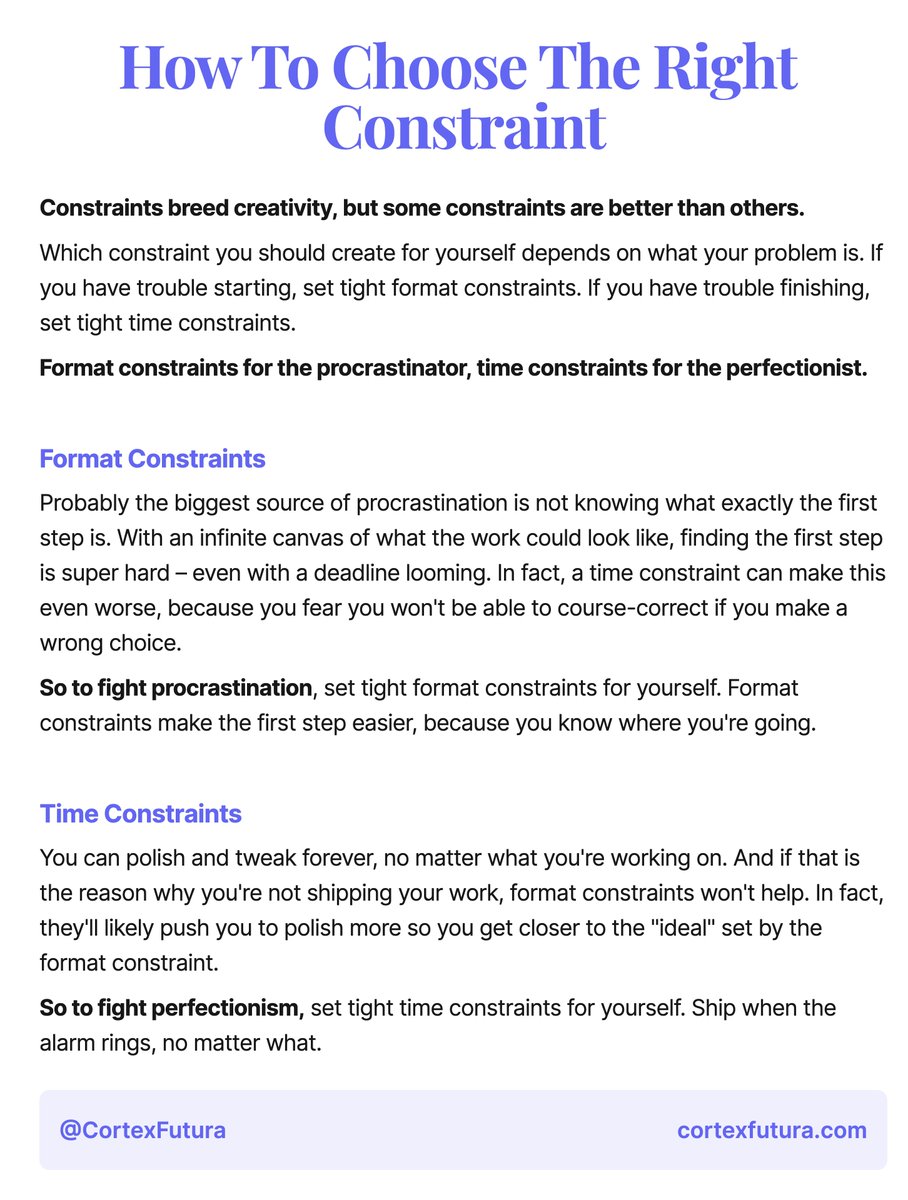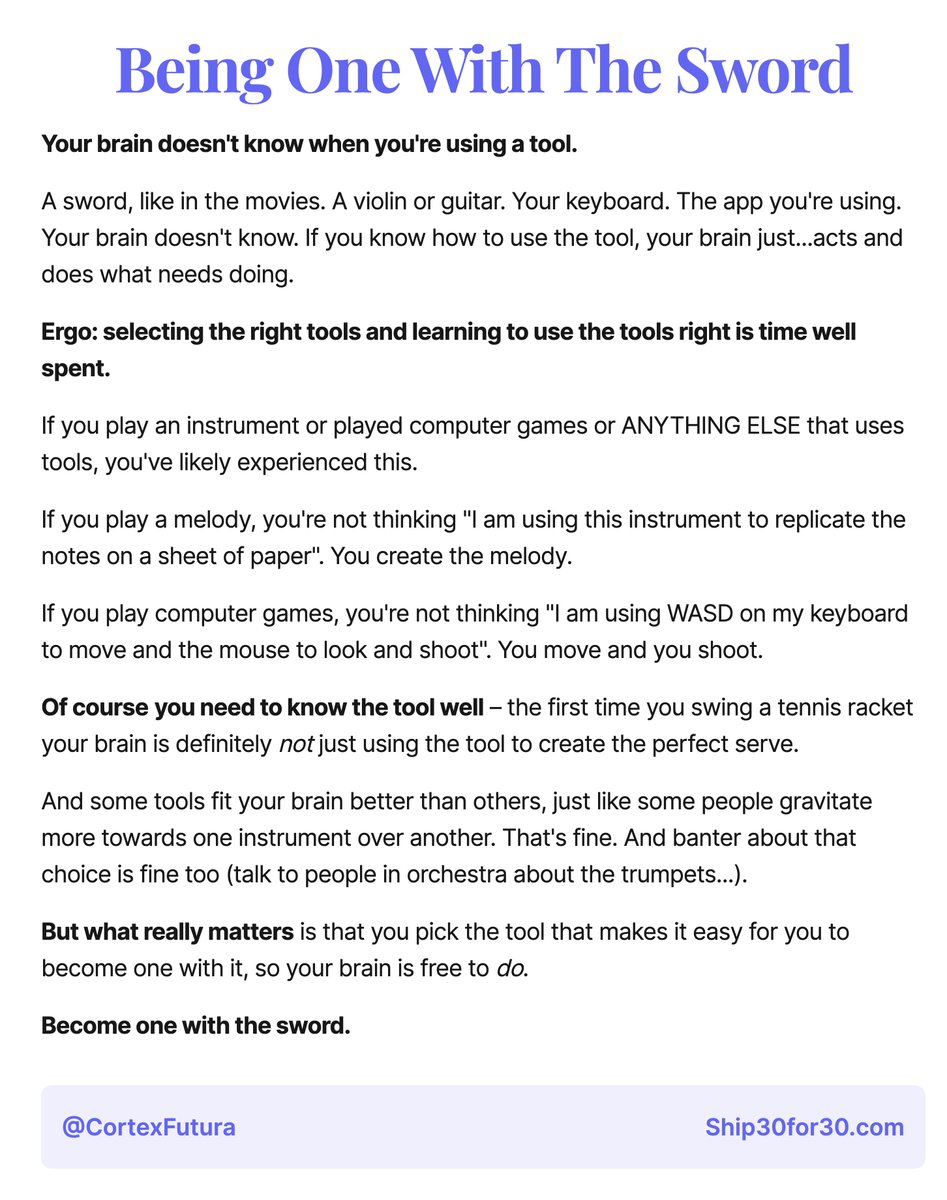
Ambient impression from teaching @RoamResearch to individuals and teams in large corps: One problem Roam has is that contrary to other software, "dog fooding" (using the thing you make) creates more problems than it solves.
Even in workshops where only people _interested_ in learning Roam are present, i.e. people open to new things, the constant refrain is: "I see the power, but it's still way too hard to learn, UX is shit, no way my colleagues will be on board".
I teach absolute beginners how to use Roam every day, and even for me it's sometimes hard to see just how difficult it is to get up to speed.
For a team that does all its work in Roam, I bet it's almost impossible to keep touch with that difficulty.
For a team that does all its work in Roam, I bet it's almost impossible to keep touch with that difficulty.
Before any new features of Roam, its speed, mobile or other apps, cross-graph subscriptions and other things, @RoamResearch needs to figure out onboarding and UX in a way that allows it widespread adoption.
There's zero chance any larger org (>20 people) will adopt it otherwise.
There's zero chance any larger org (>20 people) will adopt it otherwise.
And before anyone jumps in – this is doubly true for @obsdmd, @AthensResearch or @logseq. The race between these will be decided on UX for complete novices only familiar with MS Word.
Anyone who doesn't will stay powerful, but niche.
Anyone who doesn't will stay powerful, but niche.
Security, extensions, sharing – all of that is _irrelevant_ in the larger scheme of things. Well, at least it's necessary but not sufficient.
If I can't convince people to _use_ a tool, it's security is completely pointless.
If I can't convince people to _use_ a tool, it's security is completely pointless.
So every tool mentioned above will need to figure out whether they want their TAM to be productivity nerds of various shades (i.e. you, dear reader 👋) OR if they want to be used collaboratively by real people in big orgs like GDocs or Word.
A translated but verbatim quote of someone who‘s fully in the scope of Roam‘s mission (let brilliant minds solve really hard questions): "Roam reminds me of programming TeX back in the day, which I hated. I can‘t see myself using this as it is."
• • •
Missing some Tweet in this thread? You can try to
force a refresh









